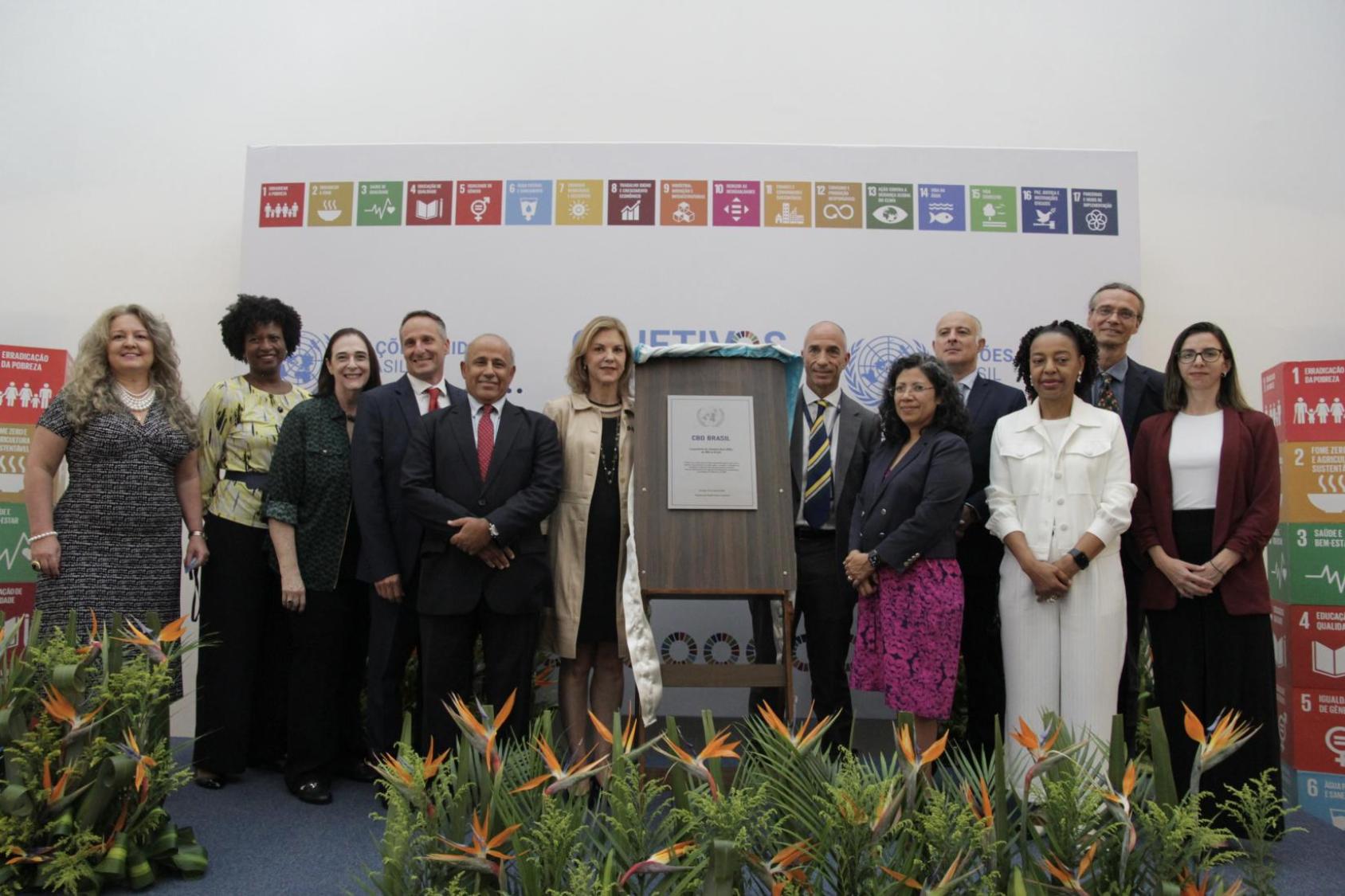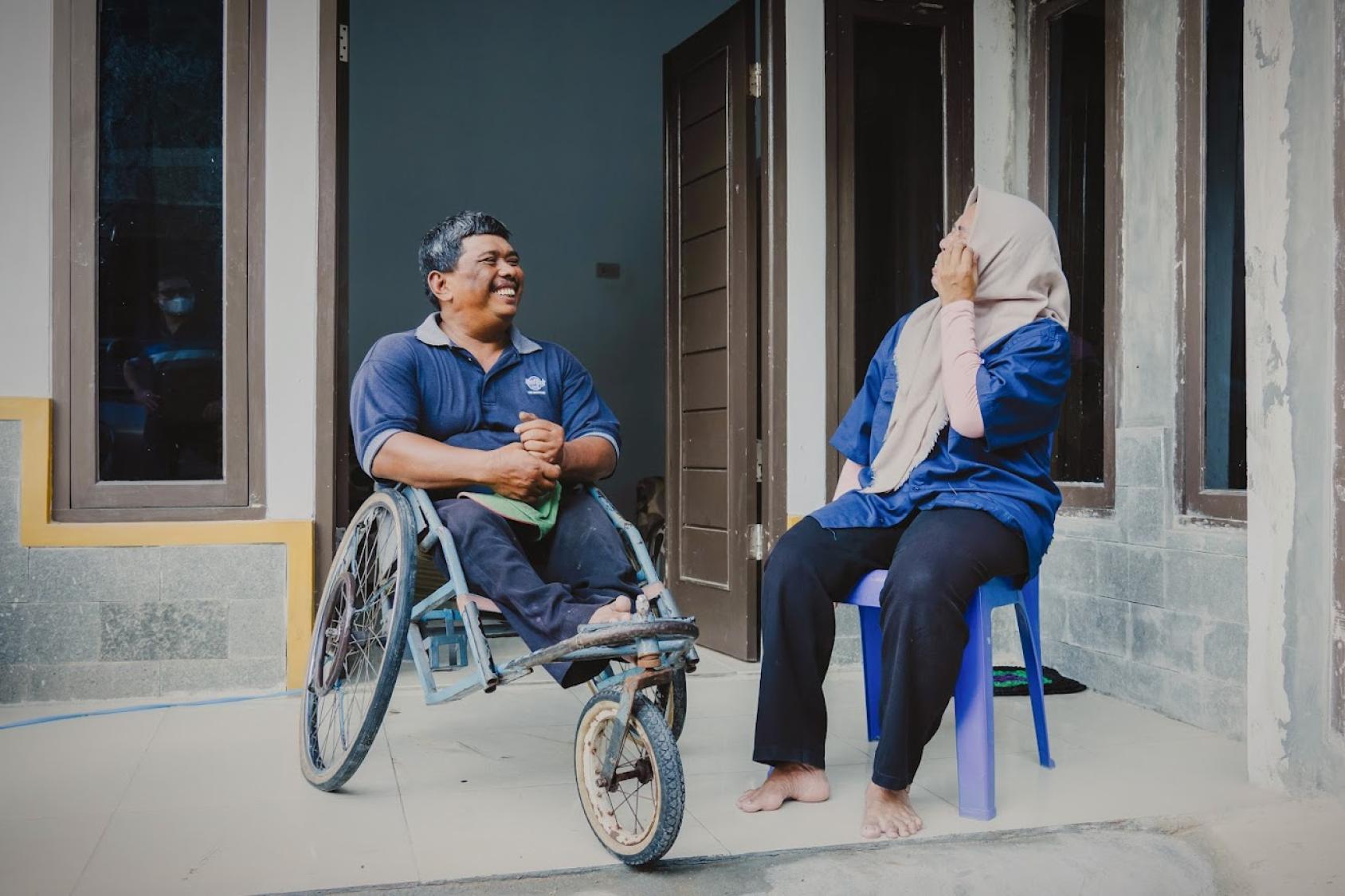Delivering Efficiently: Multiplying Results for Development
The ever-shifting landscape of international cooperation demands a United Nations that is agile, efficient, and delivers tangible results. Five years after undertaking a significant reform of the UN Development System, the organization has made a strategic shift, focusing on better optimizing resources available for development programmes that directly benefit people and the planet. The efficiency gains reported by the United Nations Development System - half a billion dollars (US$553 million) in 2023 - is indeed a compelling indicator of its commitment to ensuring that the maximum possible investment goes directly towards achieving critical development goals.
Strategies for success
The driving force behind these impressive results lies in a multifaceted, coordinated approach across UN agencies, including streamlining operations, consolidating functions, pooling resources, and innovating.
One key strategy is the implementation of Business Operations Strategies (BOS) at the country level. These are tailored plans to streamline essential administrative services across the UN, allowing precious resources to be redirected toward core development activities. Implementation of these in 2023 led to savings amounting to US$125 million. This approach has shown initial gains in UN operations in Afghanistan, Syria, and Yemen, generating combined savings of roughly US$16 million. These savings, achieved through leveraging economies of scale to negotiate better deals with vendors and reducing staff time, released resources that can be better geared programming activities that improve people’s lives and protect our only planet.
Another key strategy is developing Common Back Offices (CBOs), centralized hubs that consolidate UN administrative functions like procurement and human resources. This significantly reduces burdens on individual agencies, as demonstrated by the successful launch of three CBOs in 2024. The CBO in Kenya hosted by the United Nations Office in Nairobi (UNON) with additional services provided by the United Nations Children's Fund (UNICEF) and the World Food Programme (WFP), offers 101 services to over 3,400 staff members across 25 UN organizations and over 60 offices in Kenya. The CBO in Brazil offers 70 services, and the CBO in Viet Nam offers 119 services, both with the United Nations Development Programme (UNDP) as the host. Similar initiatives to streamline operations are also under way in Tanzania and Senegal.

Co-locating UN agencies in shared premises yields significant cost savings, enables efficient CBO implementation, and promotes collaboration. Notable common premises projects include the One UN Houses in Senegal (inaugurated in 2023, housing 24 agencies) and Egypt (to be completed in 2027 and hosting 36 entities), both provided by the host governments. Similar government-provided initiatives are underway in Gabon, Algeria, Turkmenistan, Micronesia, Samoa, Angola, Turkey, Gambia, United Arab Emirates, and Burkina Faso. In other locations, UN agencies are either co-funding construction on government-donated land or renting a building together.
Despite the long-term nature of constructing and renovating common premises, the UN system realized substantial savings of US$2.5 million in 2023 when staff moved into common premises in Antigua and Barbuda, Bolivia, Colombia, Ethiopia, Iraq, Mali, Morocco and Tanzania. These shared spaces are crucial for promoting collaboration, efficiency, and ultimately, better outcomes for the people we serve.
Sustainability and inclusion
While it is still a work in progress, these efforts have led to the creation of a powerful platform to share resources and staff more easily in ways that realize tangible business efficiencies. These benefits extend beyond financial gains, enhancing overall business effectiveness, particularly in environmental sustainability and social inclusion.
Supporting SDG 7 (Affordable and Clean Energy) and 11 (Sustainable Cities and Communities), a UN task team, in collaboration with the United Nations Environment Programme (UNEP), has adopted green building guidelines for all common premises projects. Aligning with Goal 10 (Reduced Inequalities), new UN buildings must comply with accessibility standards. The One UN House in Senegal exemplifies this commitment. This regional leader in sustainable design uses solar energy for 40 percent of its needs, recycles water for gardens, and ensures accessibility for all.

Building on the strong foundation of the BOS framework, collaborative services act as a concrete way for UN teams to walk the talk on inclusion. The BOS service catalogue includes common services targeting disability inclusion initiatives on human resources and recruitment, gender responsive procurement, accessibility of UN events, accommodation for disabilities and lactation, among others. Supported by clear and concise practice notes and engaging webinars, these services have achieved impressive adoption rates. For example, in 2023, 73 per cent of Operations Management Teams were implementing at least one disability-inclusive common service.
Moving forward efficiency is no longer a “wish-list” item or a “nice-to-have”. It is firmly taking root to change how the UN functions on the ground. As we streamline operations and maximize impact, these early gains won't simply plateau – they'll become the foundation for even greater progress.
To learn more about the efficiency gains made by the UN Sustainable Development System, and other key initiatives, read the 2024 Report of the Chair of the UN Sustainable Development Group.
























